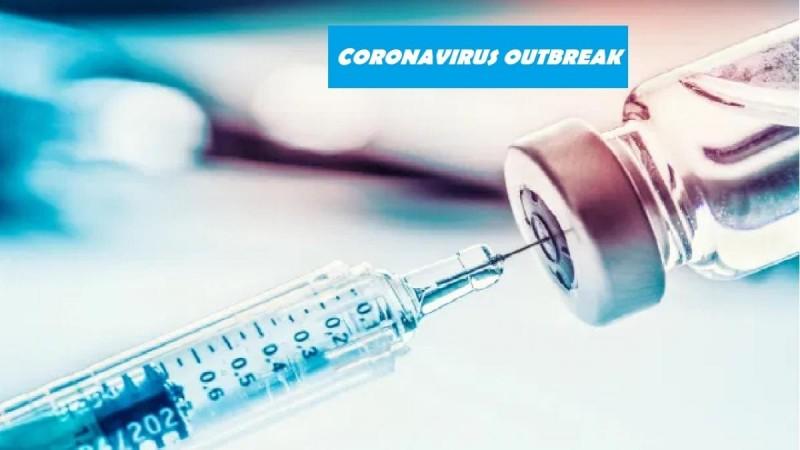AIIMS Director Randeep Guleria in an interview to IANS said we may reach a stage down the line where we may have a good amount of immunity, and the people may feel that there is now good immunity and the utility of the vaccine is not there. He added, if the virus doesn't mutate or does not cause changes then people may not think to again vaccinate themselves and then, there will be less utilization of vaccine down the line.
Further speaking about how by the time the vaccine is readily available either by the end of 2021 or by 2022, people would have developed immunity to the virus, Guleria said, "There are two issues: One is immediate availability of vaccine to decrease and prevent the pandemic. So if a vaccine is available, if you are able to give it to the high risk group and those who have a higher chance of the infection as a priority, we would be immediately able to decrease the number of cases and also decrease the number of deaths."
Without completely eliminating the idea of how the virus changes and the risk of reinfection, the AIIMS director said vaccination would still be required. The researchers are currently working out how often an individual would require a vaccine.

"If we have good herd immunity whether it is required or not, this is a big challenge because a lot of money gets invested in vaccine doses and manufacturing and sometimes the vaccine industry is very concerned that they may have a drop in the demand," Guleria told IANS.
Long-term side effects of COVID-19
Even if people beat COVID-19 infection through treatment or immunity, the virus has long term side effects. But COVID-19 is still a part of the coronavirus family, which begs the question of health complications in patients post-recovery.
"This is the first pandemic of this magnitude with coronavirus, the previous pandemic was with influenza virus. What we are realizing with this coronavirus, which is a new virus, and is of the bat origin. This virus, although causes respiratory tract infection, but it does also cause a systemic effect. The virus attaches to receptors which are present in many organs in the body, the ACE2 receptor. It causes swelling of the blood vessels and if these blood vessels are in the heart, then it may cause myocardial damage to the muscles of the heart. It leads to higher chances of clotting and this leads to strokes. This virus can cause what we call long-Covid. Post Covid squeal, which is not anticipated to be a serious problem, as most viral infections tend to recover and people have post-viral effects lasting for a few days then they become alright," Guleria explained.

He further said that the government is working on post-COVID clinics at district levels and in medical colleges to provide holistic support to post-COVID patients. The government is looking at supportive treatment, medication, yoga, allopathy and even ayurvedic medicines.
During his interview, Guleria was quick to dismiss the BCG vaccine and its effectiveness based on international studies that proved lack of benefit to those who took the vaccine.
"The recent trial being done under the ICMR, does tend to show there may be some benefit, but currently some vaccinated in the older age group are small. There are two trials going on in India, which are multi-centric: one is the BCG vaccine in elderly and the other is the BCG vaccine in younger age groups with co-morbidities. Theoretically, it may be more beneficial, but we need more data, to say it is worthwhile to vaccinate all the elderly with BCG booster dose," Guleria concluded.

















